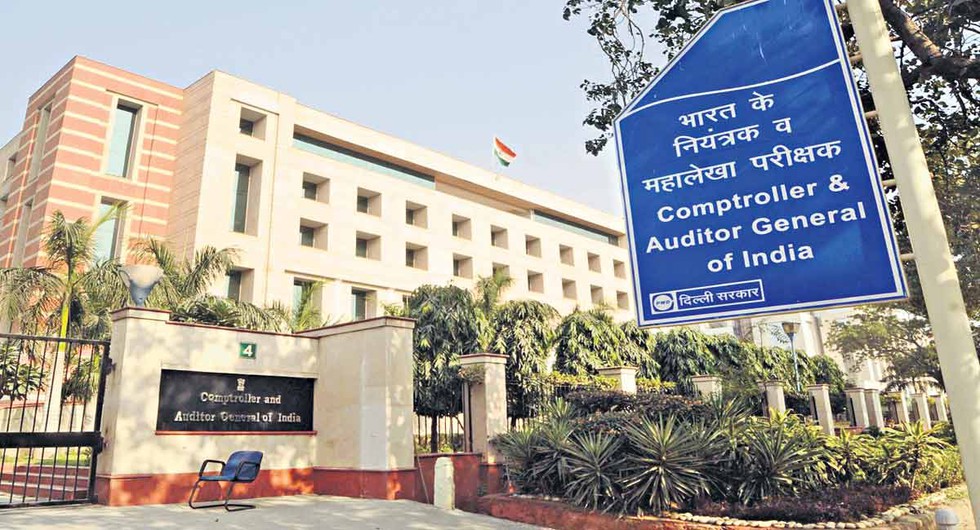About Comptroller and Auditor General of India (CAG):
- CAG is an independent authority established under Article 148of the Indian Constitution.
- CAG is the apex authorityresponsible for inspecting and auditing all the expenditures and receipts of both the Central and State Governments as well as of those organizations or bodies which are significantly funded by the government.
- Constitutional Provisions:
- Article 148 broadly deals with the CAG appointment, oath, and conditions of service.
- Article 149 deals with the duty and power of CAG.
- Article 150 says that the accounts of the Union and of the States shall be kept in such form as the President may, on the advice of the CAG, prescribe.
- Article 151 says that the reports of the CAG relating to the accounts of the Union shall be submitted to the President, who shall cause them to be laid before each House of Parliament.
- As per Article 279, Calculation of "net proceeds" is ascertained and certified by the CAG, whose certificate is final.
- Appointment and Terms of Service:
- As per Article 148 of the Constitution, there shall be a CAG who shall be appointed by the Presidentand can be removed from office only in the manner and on the grounds that a Judge of the Supreme Court is removed.
- He holds office for a period of six years or upto the age of 65 years, whichever is earlier.
- After the retirement or resignation from his office, he is no longer eligible for any jobs or offices under the Central or State Governments.
- Functions of CAG:
- CAG audits the accounts related to all expenditure from the Consolidated Fund of India, the Consolidated Fund of each state, and UT’shaving a legislative assembly.
- He audits all expenditure from the Contingency Fund of Indiaand the Public Account of India, as well as the Contingency Fund and Public Account of each state.
- He audits all trading, manufacturing, profit and loss accounts, balance sheets and other subsidiary accounts kept by any department of the Central Government and the state governments.
- CAG audits the receipts and expenditures of all bodies and authorities substantially financed from the Central or State revenues; government companies; other corporations and bodies, when so required by related laws.
- He audits the accounts of any other authoritywhen requested by the President or Governorg. Local bodies.
- He advises the President with regard to the prescription of the form in which the accounts of the Centre and States shall be kept.
- Reports by CAG:The CAG submits his audit reports relating to the accounts of the Centre to the President, who shall, in turn, place them before both the houses of Parliament. He submits 3 audit reports to the President-
- Audit report on appropriation accounts;
- Audit report on finance accounts;
- Audit report on public undertakings;
- He also submits his audit reports relating to the accounts of a State to the Governor, who shall, in turn, place them before the state legislature.
- The Public Accounts Committees of Parliament and State legislatures review these audits.
- The CAG also oversees the Indian Audit and Accounts Service (IA&AS), ensuring government spending aligns with parliamentary sanctions and maintaining financial accountability.
- The CAG is an agent of the Parliament and conducts audits of expenditure on behalf of the Parliament. Therefore, CAG is responsible only to the Parliament.
- Limitations:
- The role of CAG in the auditing of public corporations is limited.
- Some corporations are audited directly by the CAG. For example, ONGC, Air India, and others.
- Some corporations are audited by private professional auditors who are appointed by the Central Government in consultation with CAG. If necessary, there may be a supplementary audit by CAG.
- The role of the CAG in the auditing of Government Companies is also limited. They are audited by private auditors who are appointed by the Central Government on the advice of the CAG.
